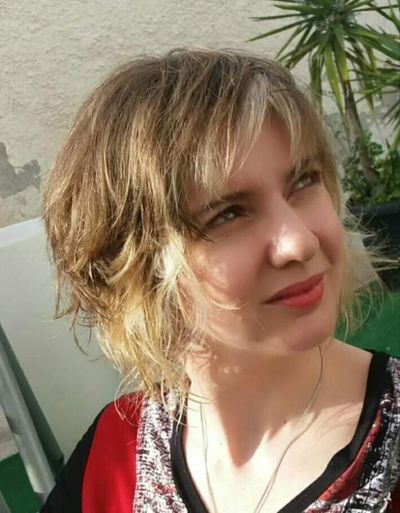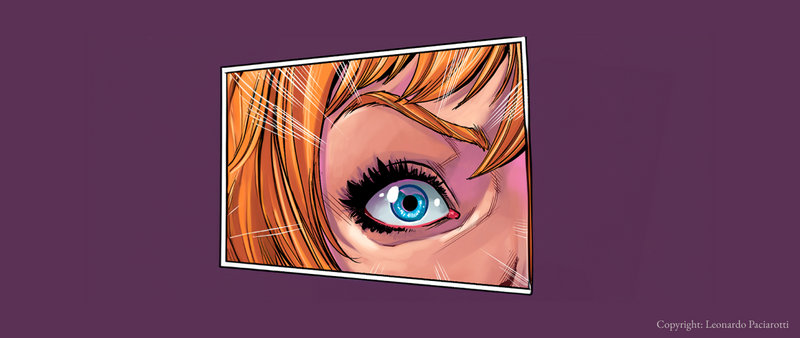With the expression lingua franca, we currently indicate a language used by people of diverse backgrounds to communicate with one another. It is often a basic form of speech with simplified grammar. In order to clarify your doubts, let’s do a practical example. A couple of German tourists are spending their holidays in Siracusa (Italy); if they don't speak Italian, it is very likely that the couple will interact with local people by using English or, more probably, a simplified form of the latter language – the so-called “Globish”. In cases like this, English is used as a lingua franca: none of the persons involved is a native speaker but all of them find it particularly practical to use English to communicate with each other.
The fascinating language of the sea
Yet, a long time ago, the term lingua franca indicated a language, which used to be spoken around the coasts of the Mediterranean, from around 1000 BC until the 1800s.
This language, also known as Ancient Mediterranean Lingua Franca, Sabir, Petit Moresque, or Piccolo Franco, was mainly spoken by sailors, pirates, corsairs, and merchants. Indeed, we can easily figure out how it could turn out to be so handy on board of mixed crew boats, also thanks to its simple grammar and a mixture of terms mainly taken from Italian, but also Arabic, French, Tamazight, Spanish, and different types of Jewish dialects. This was also the language used by pilgrims and erudite diplomats who traveled between the Islamic Near East and the Christian Europe.
The Ancient Mediterranean Lingua Franca only existed as a spoken language and was eminently meant for practical use. It never creolized — a technical jargon to indicate that it was no one’s mother tongue—and, above all, it never became a written language.

The existence of this language is above all testified by the accounts of cultured travellers. For example, Pietro della Valle —an talian theologian, erudite and musician who lived during the seventeenth century— tells about a maronite priest he met in Aleppo with whom he communicated by using a “bastard language”: very similar to Italian but without verbal tenses.
From sailors to fairgrounds and theatre
As with any other language, the Mediterranean Lingua Franca evolved through time, and according to some linguists, together with Romani and Yiddish, it constitutes one of the foundations from which another language arose: the Parlyaree. The latter used to be spoken in British fish markets, but also among sex workers, traveling entertainment troupes linked to carnivals fairs and theatrical performers. According to some linguists it is even possible to find some Parlyaree words in Shakespeare’s pieces, such as the term “bona” (good, attractive) recurring in Henry IV.
Since several gay men — and to a lesser extent also lesbians — used to work in theatrical entertainment or were involved in the British Merchant Navy, a form of Parlyaree, Polari, spread widely among gay communities. Being homosexuality illegal at the time, Polari soon transmuted itself into an actual cryptolect: a slang used as an alternative secret language for groups at odds with mainstream society.
From secret code language to pop culture
Polari was an invaluable tool for the gay community. This language not only allowed gay people to communicate with each other in public by avoiding disguised policemen, but it also provided a sense of identity and belonging.
Yet, through time, Polari gradually lost its function as a cryptolect: on one side, during the last years of the sixties homosexuality finally — and luckily — ceased to be illegal; on the other hand, Polari gradually started to become a popular phenomenon. Radio shows first, and pop songs then revealed the mystery, therefore, it was not so useful as a cryptolect.
Nowadays the status of this language is practically schizophrenic. A survey conducted in the early 2000s by one of the leading experts of Polari, Paul Baker, has highlighted how this language is currently mainly spoken by old gay men belonging to the drag scene or other forms of theatrical entertainment. Most young people interviewed at the time by Baker "never heard of it and of those who had, a good number believed it was old fashioned and encouraged men to be camp so should never be brought back. Around the same time, Boyz magazine denounced it as evil". Yet, Baker also noticed that "in the 20 years since then, attitudes have softened somewhat".
Reality shows like Ru Paul’s Drag Race are making some UK-based Polari words — as well as other terms rooted in Black American Queer culture — viral, and the latter are nowadays entering the everyday English language, especially among young people. If, on the one hand, this is a common linguistic phenomenon, on the other hand, the LGBTQI community has rightfully seen this process as a form of " commodification of otherness" which could involve an actual erasing of their own history.






